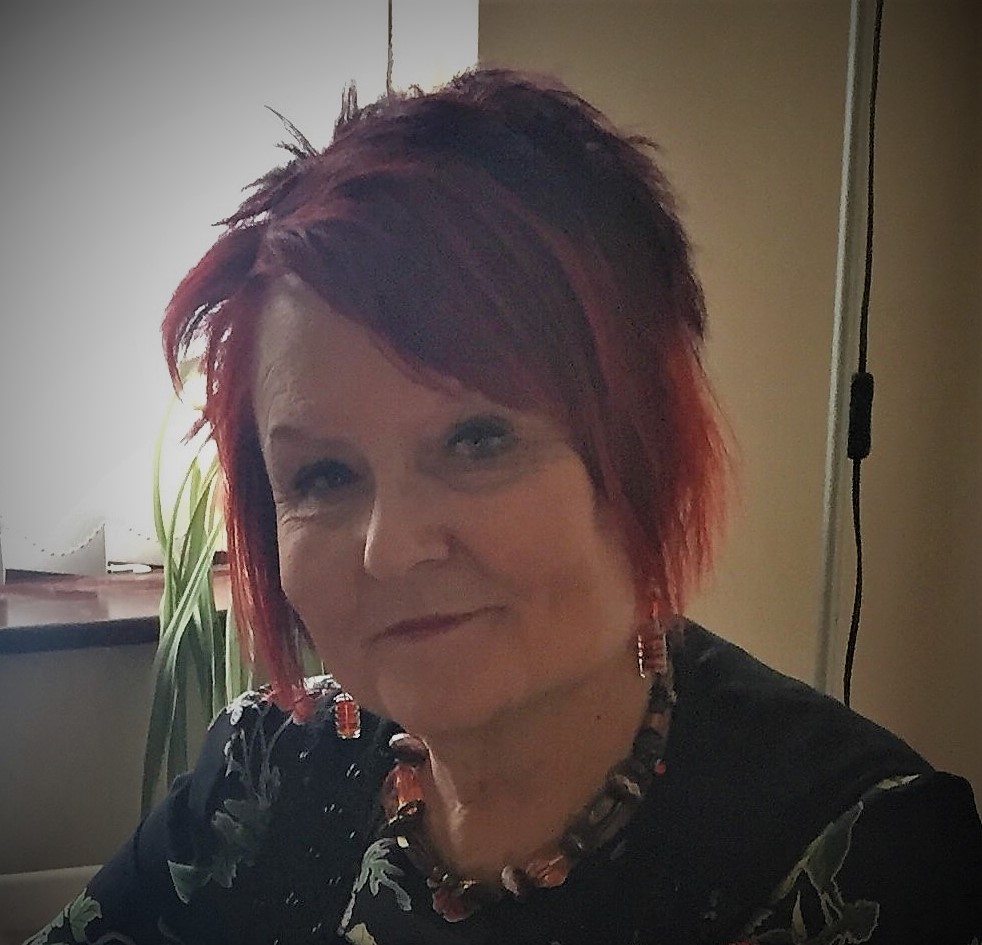Do Yourself a Favour and Forgive Yourself
Jun 1, 2016


Lyn Reed
Jan 22, 2025 28
It can be hard to forgive other people, but have you ever considered how hard it is to forgive yourself? When someone has upset, humiliated or abused us it is hard to forgive them. We feel angry and bitter. It's okay to have these feelings. It is good to acknowledge them. But hanging onto them is not good.
Studies have shown that if we can't let go of these 'difficult emotions' we can risk harming both our physical and mental wellbeing. We store these feelings inside and it probably won't take long until they are triggered again. We are not good to be around. Physically, our heart won't thank us for it either. Studies have shown that pent up anger can contribute to cardiovascular disease.
Forgiving does not mean forgetting. In fact, I suggest it would be a healthy thing if we did not forget. That way it's less likely we will allow ourselves to be victimised again. Forgiveness is not an event. It is a process. Something we go through, work out and resolve. In the end, we may feel we can never totally forgive the other person. But we can work on minimising our negative feelings.
Forgiving others does not mean we deny our victimisation. Far from it. What happened was real. It was an awful time. It felt horrible. But don't expect the other person to admit they did anything wrong. In therapy I work with many clients who have felt bullied, victimised and abused by those who they believed had a 'duty of care' towards them - parents, siblings, carers, professionals. Even therapists.
I find that those clients who learn to let go of their anger and bitterness cope best. They can see a new future and decide not to be held back by the past. This process can feel stressful at times. It is certainly hard work.
Best of all I have found that once clients no longer feel they are victims, they report experiencing a wonderful sense of freedom and release. And a new perspective.
We are doing ourselves a favour by forgiving ourselves.

Lyn Reed
